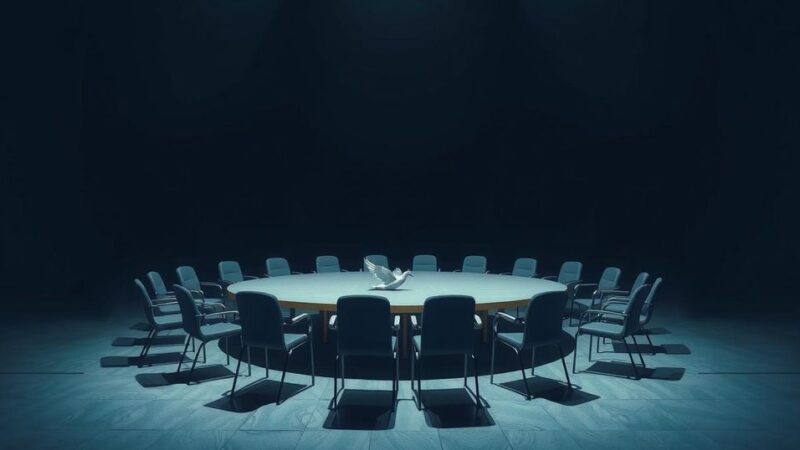The gaps between Israel and Hamas are challenging but potentially surmountable, as warned by US and Israeli officials. Iran appears to be distancing itself from the Houthi rebels amid escalated US airstrikes, indicating a potential decline in Tehran’s proxy grip. Shin Bet Chief Ronen Bar resists dismissal by Prime Minister Netanyahu, emphasizing the need for progress on hostages. Political tensions rise with accusations of a coup against the government from far-right MKs amid ongoing conflict in the region.
Recent reports indicate that the negotiation gap between Israel and Hamas has been described as challenging yet feasible to overcome. An Israeli official mentioned to The Jerusalem Post that while bridging this gap is difficult, it is not impossible, stressing the urgency as both US and Israeli officials warned Hamas of a closing ‘window of opportunity’ for a military escalation should a deal not materialize.
In a separate analysis, Iran has distanced itself from the Iranian-backed Houthis amid intensifying US airstrikes, with Tehran asserting that the Houthis operate independently. The US has conducted extensive strikes against the group, which could signal a weakening of Iran’s influence over its proxy network. Losing the Houthis as a major ally would signify a setback for Iran, affecting the power balance established by former IRGC-Quds Force leader Qasem Soleimani, who was killed by the US in 2020.
Shin Bet chief Ronen Bar has responded to Prime Minister Benjamin Netanyahu’s attempt to dismiss him by stating he will step down only after significant progress is made regarding the return of Israeli hostages and completion of the Qatargate inquiry. Bar’s declaration reflects his commitment to resolving pressing national security issues before vacating his position.
Amid the political tensions, Avi Maoz, a far-right MK, has accused the Shin Bet of plotting against the government, framing it as a ‘Deep State’ effort to undermine Netanyahu. This claim follows ongoing accusations from Netanyahu and his supporters regarding interference in governmental operations leading to corruption investigations.
In the ongoing conflict, Hamas’s attack on October 7 resulted in significant casualties, including over 1,200 deaths, and the capture of approximately 240 hostages, with 59 still remaining. The Israel Defense Forces (IDF) launched a ground invasion into Lebanon on September 30, and a ceasefire was established on November 27, further complicating the volatile situation. A hostage deal includes the release of 735 individuals as negotiations continue to unfold.
In summary, the discussions between Israel and Hamas face significant obstacles, yet the possibility of resolution persists. Concurrently, Iran’s distancing from the Houthis suggests a dynamic shift within its proxy network, particularly under pressure from US actions. Additionally, the political landscape in Israel is fraught with tension, as demonstrated by the controversies surrounding the leadership of Shin Bet and accusations from opposition figures. As hostilities continue, the humanitarian crisis remains critical, underscoring the imperative for negotiated resolutions.
Original Source: www.jpost.com






